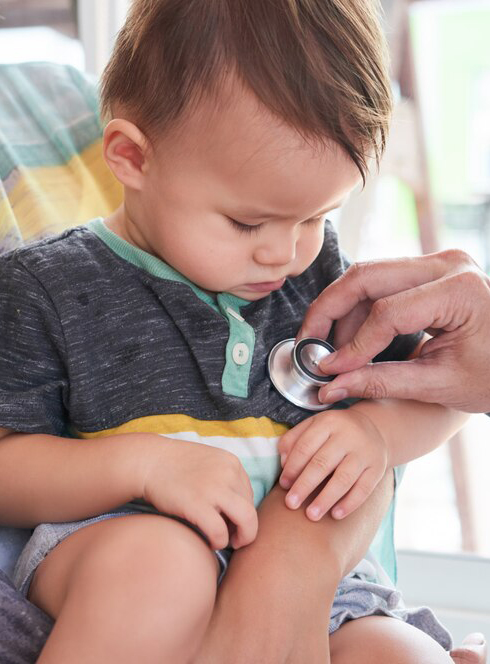Bed Wetting (Nocturnal Enuresis) – Expert Insights from Dr. Prabhu Karunakaran

Bed wetting, also known as nocturnal enuresis, is a common issue among children, affecting their confidence and daily life. While many children naturally outgrow this condition, persistent bed wetting may require medical evaluation and intervention.
Understanding Bed Wetting
Bed wetting can be classified into two types
- Primary Nocturnal Enuresis: When a child has never achieved consistent nighttime dryness.
- Secondary Nocturnal Enuresis: When a child starts wetting the bed again after remaining dry for a significant period.
Causes of Bed Wetting
Several factors contribute to bed wetting, including:
- Delayed bladder maturation
- Genetic predisposition
- Deep sleep patterns
- Hormonal imbalance (low levels of antidiuretic hormone)
- Urinary tract infections
- Constipation
- Psychological stress or anxiety

When to Seek Medical Help
While occasional bed wetting is normal, parents should consult a pediatric urologist if
- The child is above 5 years old and frequently wets the bed.
- Bed wetting recurs after a long dry period.
- There are signs of a urinary tract infection, painful urination, or unusual thirst.
- The child experiences daytime incontinence as well.
Expert Care from a Pediatric Urologist
A dedicated Pediatric Urologist in Hyderabad specializes in diagnosing and treating bed wetting with a compassionate approach. Treatment plans are tailored based on the child’s age, medical history, and underlying causes.
Treatment Options Include
- Behavioral therapy and positive reinforcement
- Lifestyle changes, such as limiting fluids before bedtime
- Bladder training exercises
- Medication in select cases
- Treating underlying medical conditions like UTIs or constipation
Holistic care is provided to address bed wetting while boosting the child’s self-esteem and overall well-being.
Bedwetting FAQs – Expert Answers from a Pediatric Urologist
1. Why is my child bedwetting?
Bedwetting is actually more common than many parents think. It usually happens because the child’s bladder is still developing or they sleep very deeply and don’t wake up when their bladder is full. It’s not something your child is doing on purpose, and in most cases, they’ll grow out of it with time and support.
2. What causes a child to be a bedwetter?
There can be several reasons — a small bladder, delayed brain-bladder communication, hormonal factors (like low levels of the hormone that reduces nighttime urine), or even emotional stress. Sometimes it runs in families too. If one parent had bedwetting issues as a child, there’s a higher chance the child might have it too.
3. What should be done about bedwetting?
The first step is to stay calm and reassure your child — it’s not their fault. Avoid punishment. Try practical tips like reducing fluid intake before bedtime, encouraging regular toilet use, and using a bedwetting alarm. If it continues, a pediatric urologist can help identify the cause and guide you on the best treatment.
4. At what age should we do something about bedwetting?
Occasional bedwetting is normal up to around age 5 or 6. But if your child is 7 or older and still wetting the bed regularly, or if the bedwetting starts suddenly after a dry period, it’s a good idea to speak to a doctor for further evaluation.
5. What bedwetting product or treatment works best?
Bedwetting alarms work well for many children and help train the brain to wake up when the bladder is full. Reward charts, bladder training, and limiting drinks in the evening also help. In some cases, your doctor may recommend medication for short-term relief — especially for camps or sleepovers.
6. Is bedwetting a sign of a medical problem?
Most of the time, it’s not serious and will resolve on its own. But if your child has pain while urinating, daytime accidents, sudden changes, or other symptoms, it’s best to check with a pediatric urologist to rule out infections or other medical conditions.
7. Can bedwetting be cured completely?
Yes, absolutely. With the right approach, most children overcome bedwetting. Some respond well to behavior changes, while others might need medical support. What matters most is patience, encouragement, and working with a specialist if needed.

If your child is struggling with bedwetting, early intervention can make a difference. Schedule an appointment with Dr. Prabhu Karunakaran, the only Exclusive and Dedicated Pediatric Urologist in Hyderabad, to explore the best treatment options for your child’s health and confidence.


